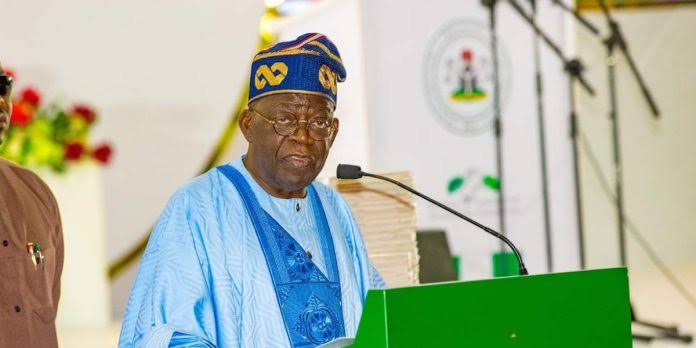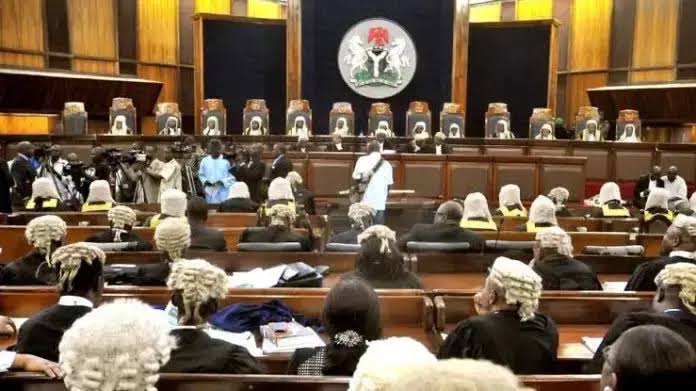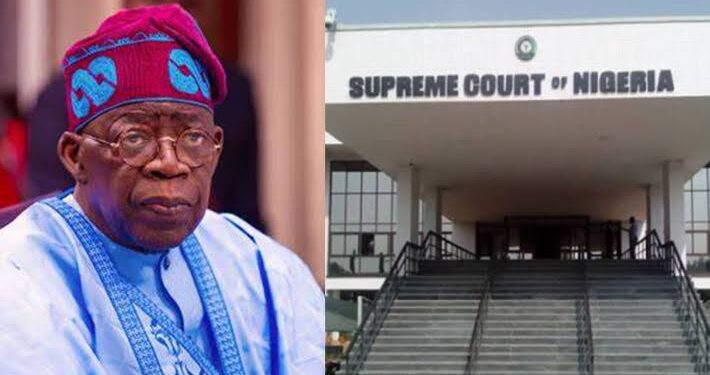As the Supreme Court ruling on local government autonomy resonates throughout the political sphere, two former presidential contenders, Adewole Adebayo and Omoyele Sowore, along with former federal legislator, Senator Shehu Sani, have expressed contrasting viewpoints on the verdict.
Adebayo, the Social Democratic Party (SDP) candidate for the 2023 presidential election, displayed optimism regarding the implications of the ruling. He articulated his support for the Supreme Court’s decision in FGN vs 36 States, emphasizing the role of states as mere conduits for transmitting local government funds. Adebayo underscored the need for governors to uphold their responsibilities at the state level rather than assuming overarching authority over local government authorities.

Conversely, Sowore, the 2023 presidential candidate for the African Action Congress (AAC), adopted a more skeptical stance, questioning the effectiveness of the verdict in light of governors’ continued interference in local government affairs. He highlighted the manipulation of state electoral processes by governors to install compliant officials in local government positions, casting doubt on the practical impact of the Supreme Court ruling. Sowore also issued a cautionary message regarding the association of funds with a certain individual, urging vigilance in financial matters.
Senator Sani, who previously represented Kaduna Central, acknowledged the significance of the judgment in liberating local governments from prolonged subjugation by states. Despite recognizing the ruling as a milestone in ending the control and exploitation of local government resources, Sani pointed out the enduring influence wielded by governors over local government leaders. He alluded to the potential reluctance of some local government chairmen to relinquish their accustomed dependence on governors even after the implementation of the Supreme Court’s decision.

As the discourse surrounding local government autonomy continues to evolve, the role of grassroots democracy and governance remains a focal point for political figures and citizens alike. The divergent perspectives presented by ex-presidential candidates and former federal legislators underscore the complexity of the issue at hand. Moving forward, it is imperative to address not only the legal framework governing local government autonomy but also the practical implementation and enforcement mechanisms to ensure genuine decentralization of power.
In light of the Supreme Court ruling, there arises a pressing need for increased transparency and accountability in the management of local government affairs. The challenges posed by entrenched political interests and power dynamics must be navigated with a keen focus on the welfare and development of local communities. Stakeholders at all levels of government must collaborate to establish a framework that safeguards the autonomy of local governments while fostering cooperation and synergy between state and local authorities.

Furthermore, the public discourse surrounding local government autonomy should extend beyond legal interpretations to encompass broader discussions on civic engagement, citizen participation, and the role of local government in promoting inclusive governance. Empowering local communities to actively participate in decision-making processes and hold their elected officials accountable is essential for the effective functioning of decentralized governance structures. By fostering a culture of civic responsibility and democratic values, the aspirations of true local government autonomy can be realized for the benefit of all citizens.


































